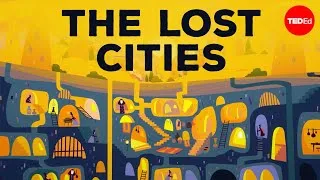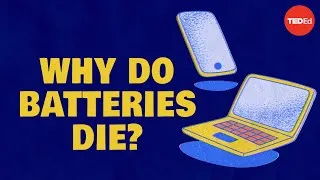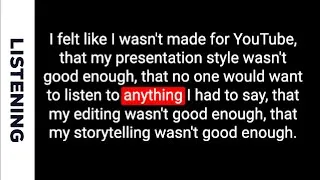Dvaput kliknite na engleske titlove ispod za reprodukciju videozapisa.
New videos
Ova stranica će vas upoznati s YouTube videozapisima koji su korisni za učenje engleskog jezika. Vidjet ćete lekcije engleskog koje vode vrhunski profesori iz cijelog svijeta. Dvaput kliknite na engleske titlove prikazane na svakoj video stranici da biste reproducirali video s tog mjesta. Titlovi se pomiču sinkronizirano s reprodukcijom videozapisa. Ako imate bilo kakvih komentara ili zahtjeva, obratite nam se putem ovog obrasca za kontakt.







